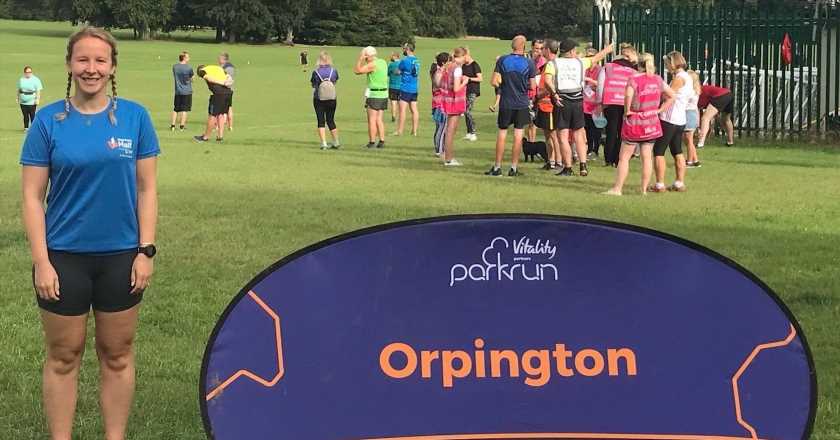“I’ve done 100 Parkruns – here’s what I’ve learned”
If you run the same old routes every week, take a leaf out of Lydia Willgress’s book. You might just start seeing the country through new eyes.
It started off as a brief flirtation. On 18 November 2017, I went to my first Parkrun in Brockwell Park. A friend had invited me to the free weekly run that was taking place near her and, although I’d signed up years before, I’d never seen the point of going.
During the next six months, I went a few more times. I enjoyed it when I was there, but it was an effort after Friday night drinks. It was like dating someone I was keen on, but wasn’t yet sure if it was going to be a long-term thing.
You may also like
Active birthday party ideas: “My friend invited me to her Parkrun party – is this the future of socialising?”
It was around the same time that I had a period of bad mental health; suddenly, my love of running disappeared and I couldn’t stand the idea of racing or of making my way to a start line with the self-imposed pressure of trying to get a PB.
I kept going to Parkrun, though. And slowly, I realised I was starting to catch the bug. I looked forward to the Saturday morning walk to the local park. I liked being one of hundreds of runners, all heading in the same direction with the same purpose. I liked the Parkrun ethos – it’s not a race and, although some people post fast times, there is no pressure.
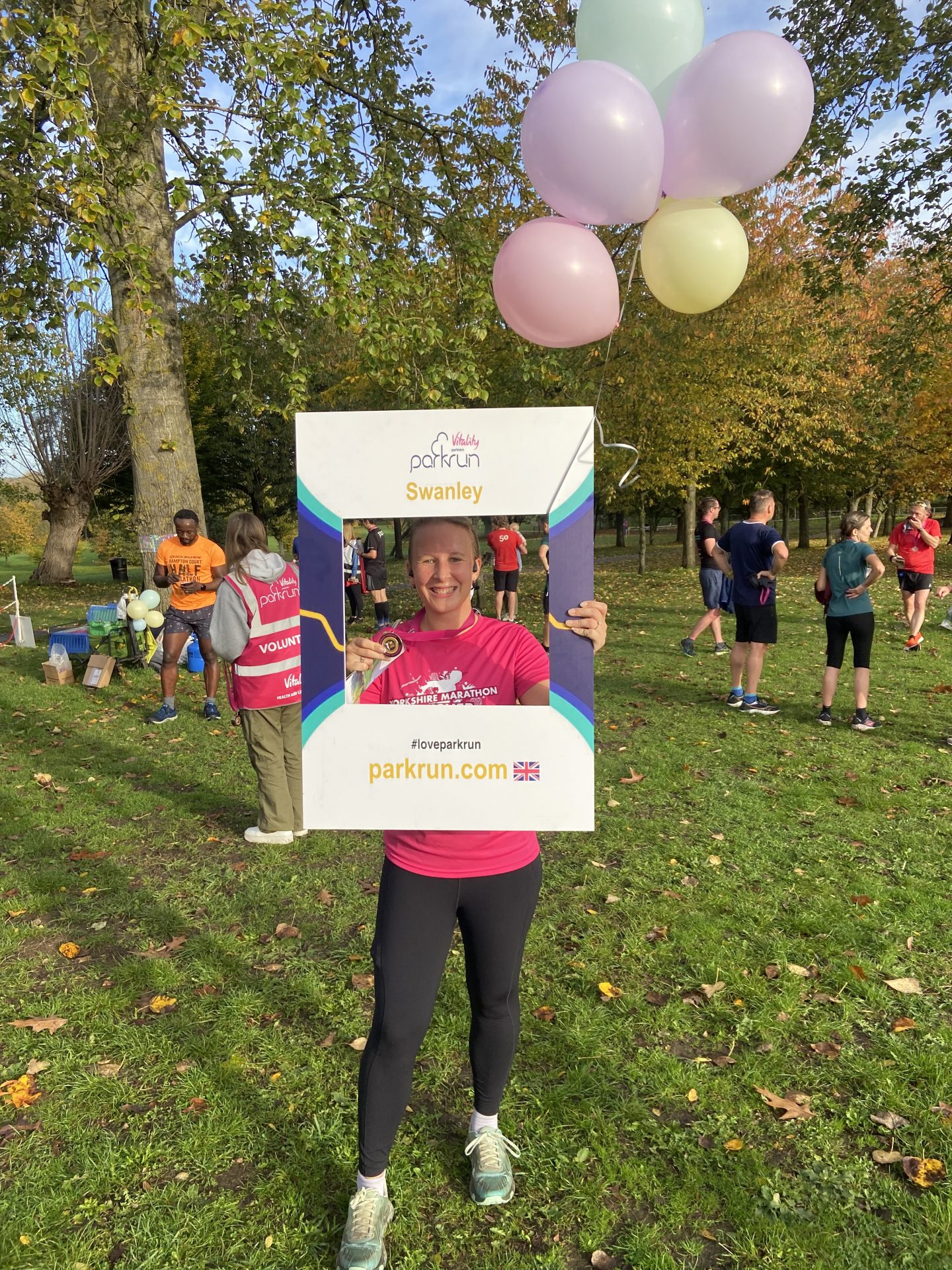

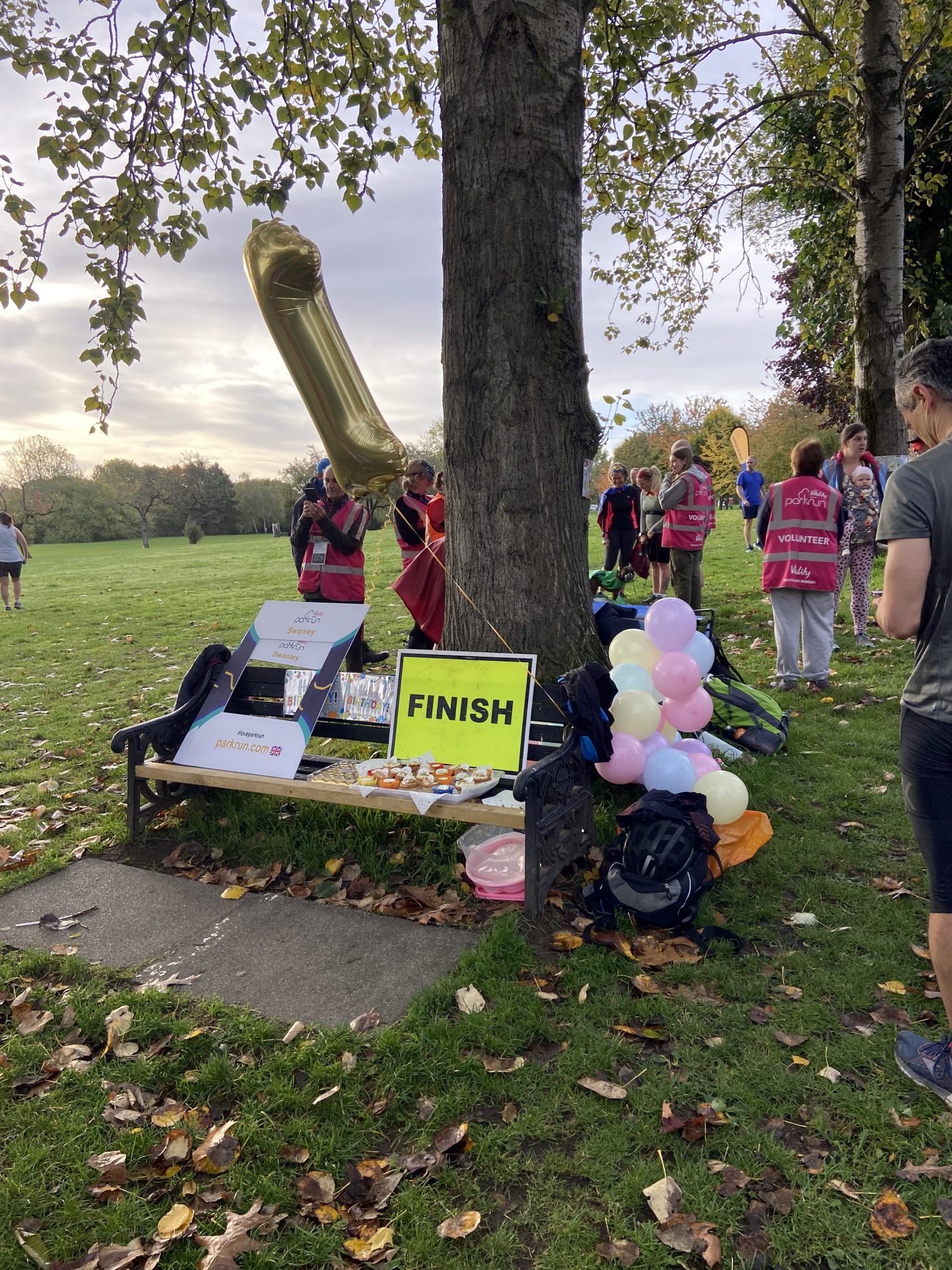

Fast forward five years and I’m head over heels in love – some would even say obsessed. My colleagues and friends no longer ask me what I’m doing each weekend – they just ask which one.
Running 100 Parkruns
Last month, I completed my 100th Parkrun and I’m on 50 different locations. Christmas Day and New Year’s Day now start with parkrun, and before I turned 30, I mananged to complete the ‘Parkrun alphabet’ – an unofficial challenge to complete a Parkrun at locations starting with every letter of the alphabet (including Z, which I had to travel to Poland for). Next year, my husband and I are going to Malaysia, organising our flights to get there in time for a Parkrun in Kuala Lumpur. I told you I was obsessed.
Parkrun has taken me all over the place – from Swansea to Southwark, Hamburg to Holyrood. It has taught me more than any job or relationship. Here’s what I’ve learned.
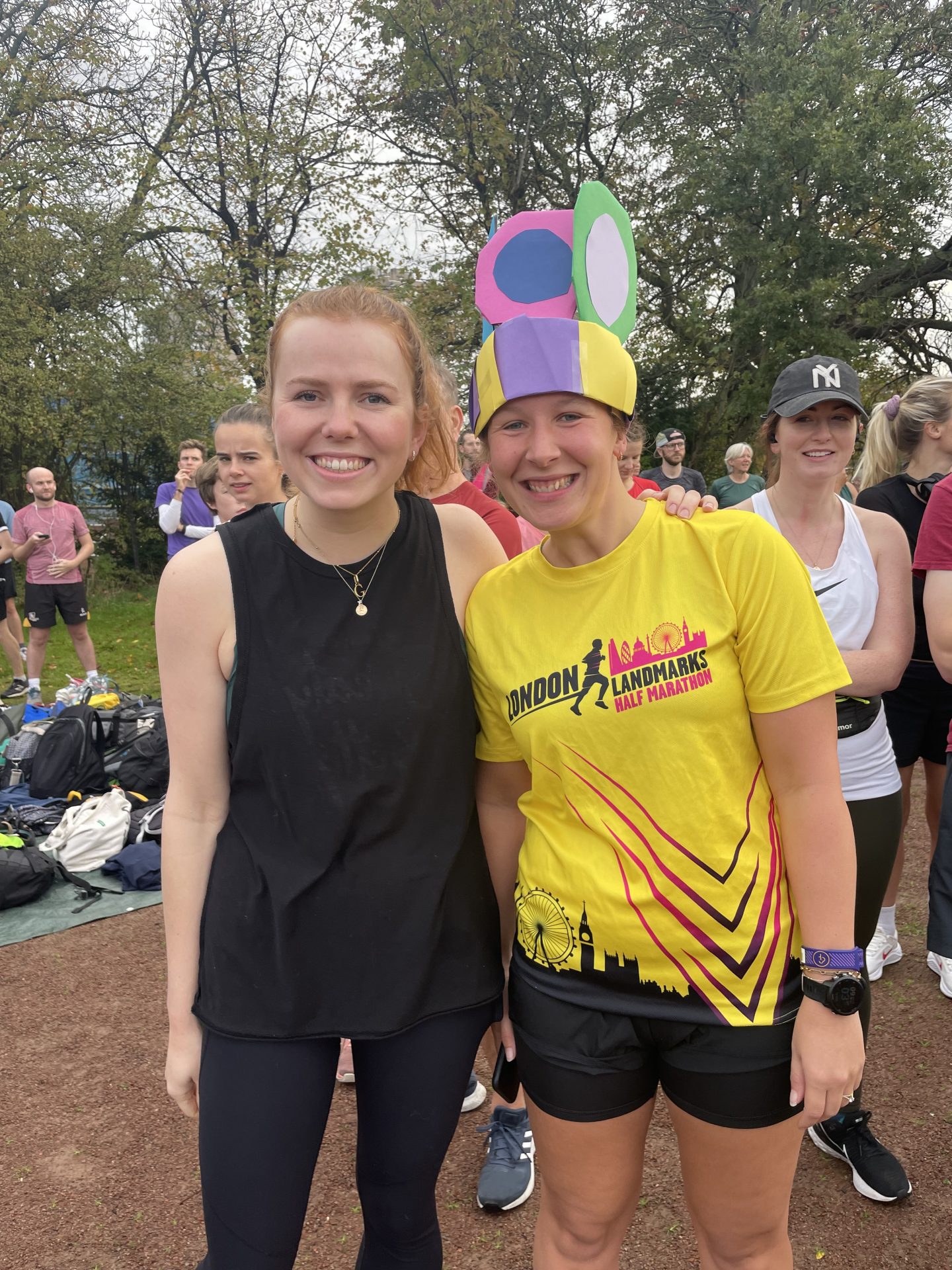
The power of people
It’s easy to go through life in your own world. Work, friends, family… the same places and the same people.
I’ll admit that when I first started going to Parkrun, I didn’t speak to anyone. I’d turn up, run and go home. I wouldn’t volunteer and I wouldn’t stop to take photos.
The alphabet challenge changed that. Suddenly, I found myself in random locations (hello Ifield) running laps around whatever park or field was the designated route. To track my progress, I started asking people to take my photo and found a community that was interested, ready to give advice and keen to celebrate the achievements of others.
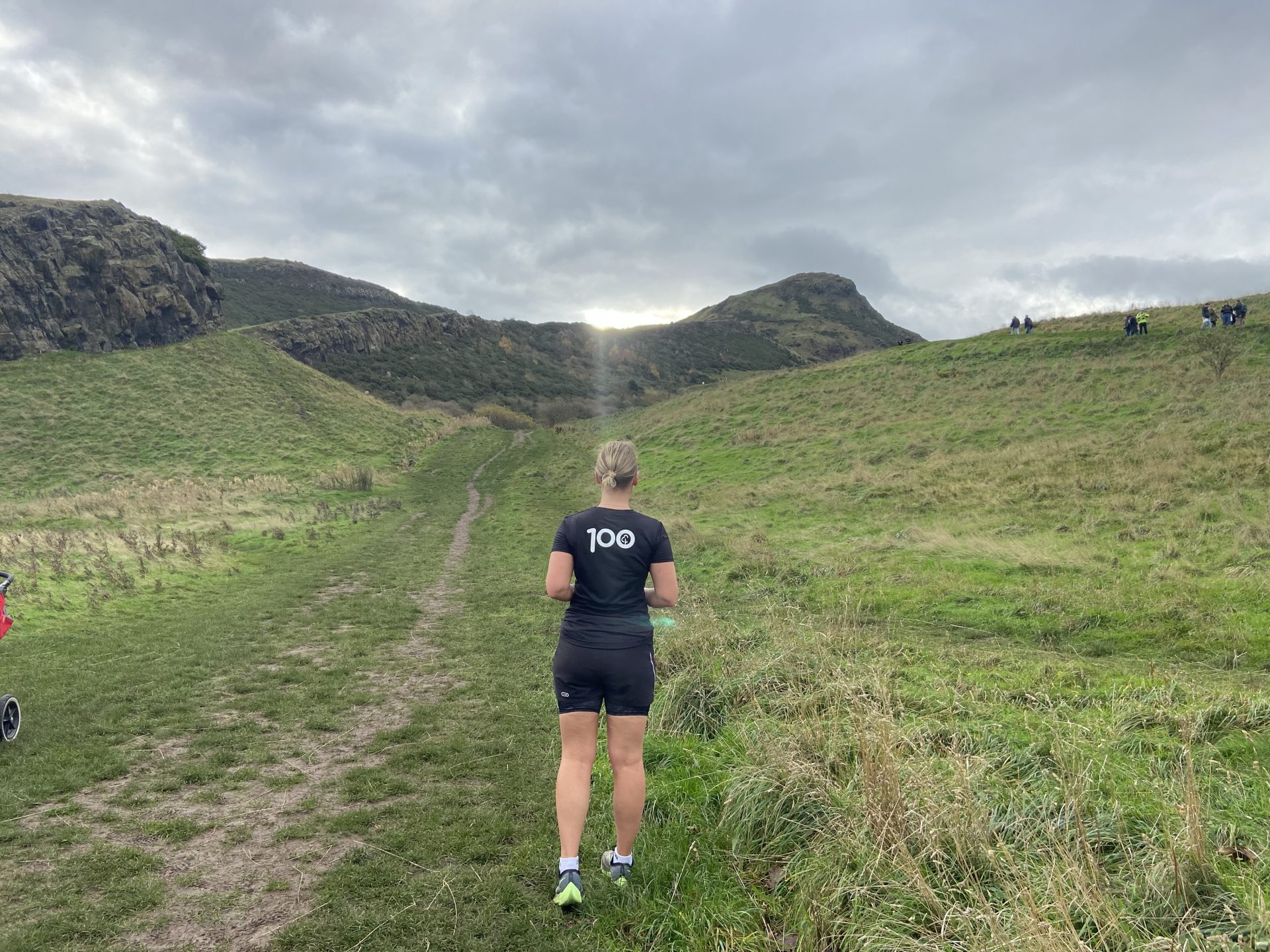
Without volunteers, Parkrun wouldn’t happen, and some of them really go above and beyond. Last Halloween, the team at Portobello wrote special instructions: “It wouldn’t be Halloween if it wasn’t a bit scary, the course is wet underfoot and a little bit hairy,” felt very accurate as the rain poured down. Last week at Bexley, the volunteers were handing out chocolate on the finish line, and I’ve been to countless events where there’s homemade cake.
For me, it made me stop and think about how little things can make a big difference in the world. Every week, I leave with a smile, whether that’s because of the marshal’s enthusiastic clapping or because I’ve had a lovely conversation with a fellow runner.
Whatever kinds of runs you do, it all counts
Whether it’s becoming an alphabeteer or finding different locations to do Parkrun, you don’t have to do the biggest, fastest or longest event to feel like you’ve achieved something. Just getting up on a Saturday morning and doing Parkrun is enough.
My slowest Parkrun has been 55m 30s and my fastest 23m 15s. The average finish time for Parkrun overall is now over 30 minutes. Some courses are pancake flat; at others, you’re ankle-deep in mud and just staying on your feet is hard enough.
It has given me the confidence to try new things: muddy Parkruns turned into trail running; having more consistent training helped me run faster when I wanted to; and when I travel, I meet new people and see more of each city or place. I’d take that over a medal any day.
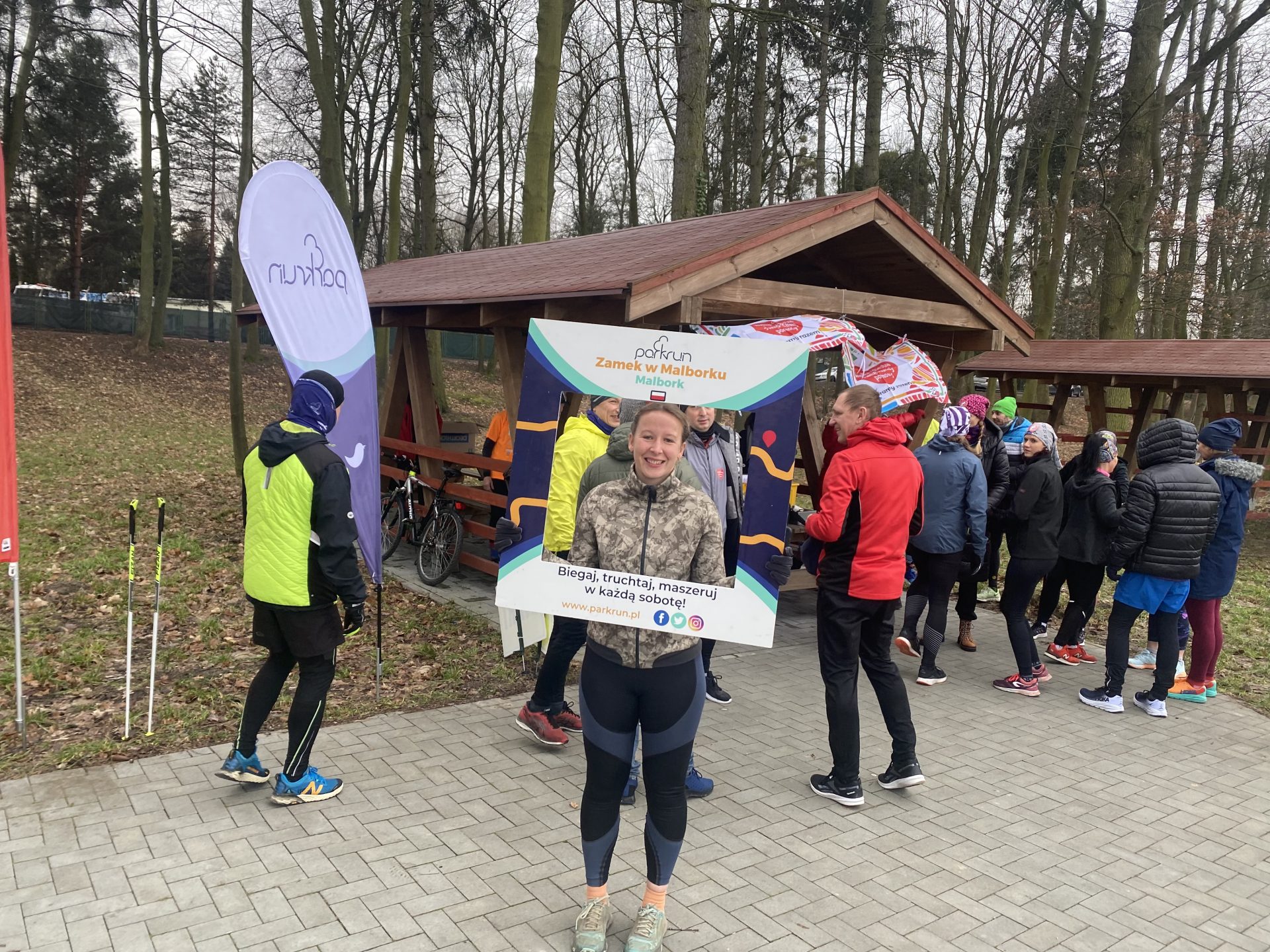
Getting outside works
While I can’t credit Parkrun for everything, it certainly played a significant part in helping me through that bad period. Every Saturday, I was reminded – in a good way – that there was other stuff going on, other people in the world and that I was strong enough to run.
It also helped me cope with pressure, providing a barrier from the week – a mental marker that it’s the beginning of the weekend.
I’m not the only one who has found it helpful. A survey conducted by Sheffield Hallam University’s Advanced Wellbeing Research Centre found that after participating in Parkrun, 69% reported improvements to their mental health and 79% reported improvements to their happiness. In 2018, the Royal College of General Practitioners (RCGP) and Parkrun UK launched the Parkrun Practice Initiative, with some practices now referring patients to one of the more than 660 Parkruns that take place throughout the UK every weekend.
So, what’s next? A Parkrun in every nation and persuading my friends to host Parkrun parties every time they reach a milestone. There’s no rush to complete these goals, though. Having just celebrated our five-year anniversary, Parkrun and I have many happy years left to come.
Lydia’s top 8 Parkruns
Favourite in London – Bexley
Favourite outside of London – Holyrood
Flattest – York and Dulwich
Hilliest – Queen Elizabeth, Horndean
Best cafe – Kingdom
Best vinyard – Mole Valley
Muddiest – Uckfield
Best abroad – Zamek w Malborku (also home to the world’s largest castle)
Images: Getty
Source: Read Full Article
